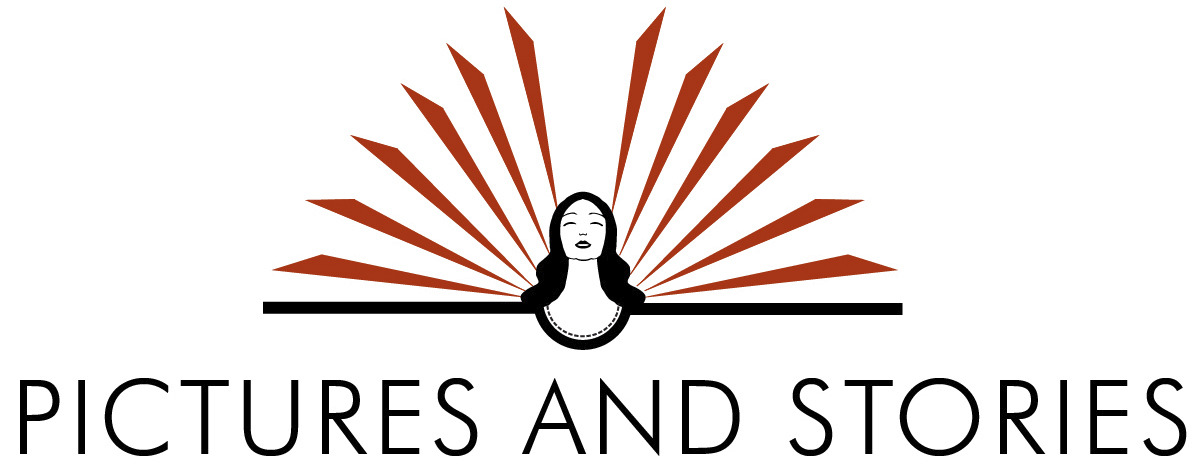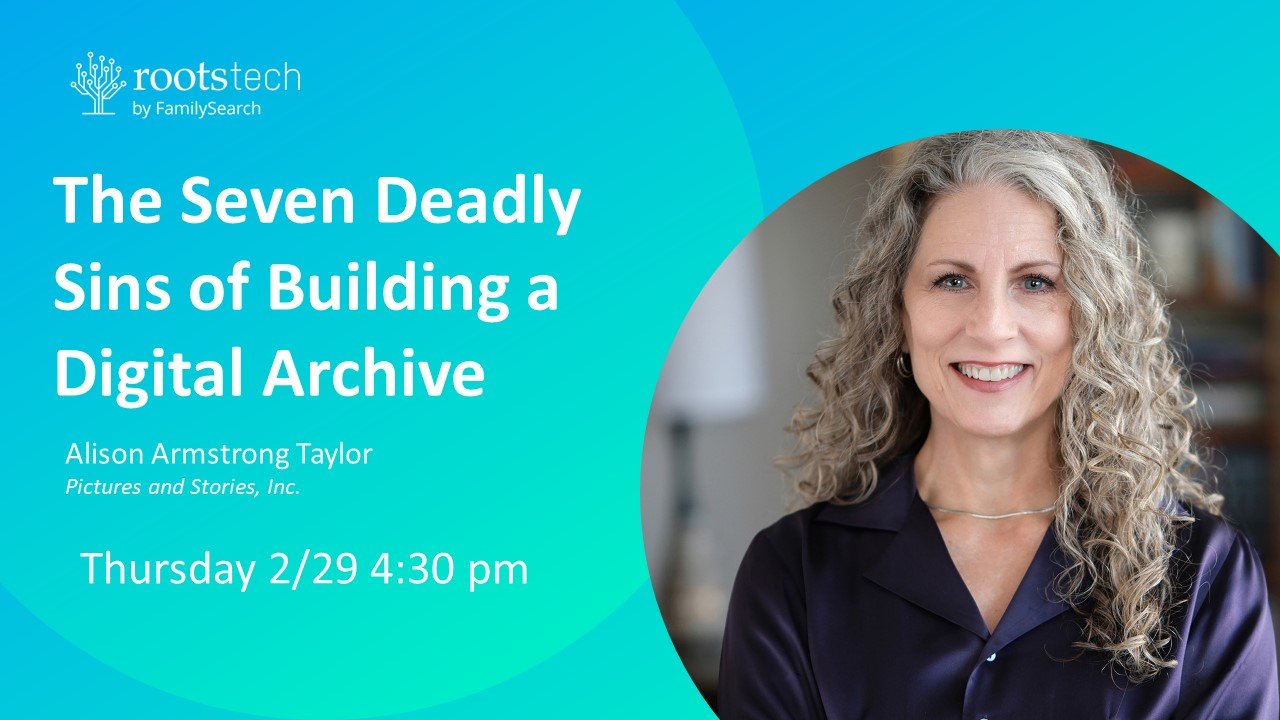One simple question can help you figure out what to write, and what to leave out.
It’s a question we hear often from people who are contemplating writing a memoir or personal history: “How do I decide what to write about?” In a similar vein: “How much should I include? What should I leave out?”
While preparing for my presentation ( “How to Write Your Life Story in Five Pages or Less” ) at the upcoming RootsTech conference, I’ve been thinking a lot about various methods of “story triage.” There are many techniques that can be used when deciding how much to reveal about your life. (We’ll be covering more of these in the presentation and we’ll share them with you in upcoming posts.) But one of my favorite ways to answer the question is with another question:
“What would you like to know about your ancestors?”
There are many reasons why people might desire to leave a life story legacy. But in our experience, most have a desire to connect with future generations, to impart a bit of wisdom and experience; to leave an imprint of memory that lives beyond our physical bodies. If you are writing just for yourself (and there is nothing at all wrong with that), then write whatever you want.
But if your desire is to connect with, to instruct, to inspire others—then you’d best consider your readers and what they might want to know about you.
If your potential audience is your living children or grandchildren, you can certainly ask them what they might want to know about your life. (You might be surprised!) But what about future generations?
I know bits about my great-grandfather Paul Jones Powell. I know he was born in rural Virginia and raised two children there with his wife Sallie, and lost a third in infancy. I know he wore glasses, that he owned a small general store in the tiny town of Myrtle, that he had six siblings, and that he died young (age 32). I even know his favorite pie was lemon meringue, because my grandmother mentioned it once. That’s all. A few meager crumbs of knowledge, precious little of what was undoubtedly a life full of love and loss and hardship and laughter. So many questions. What were his passions? What made him angry? What was it like living in post-Civil War Virginia? What was the hardest thing he ever had to do? … all these things and more that I will never know (at least not in this life) because everyone who knew him is gone.
“What would you like to know about (insert ancestor’s name here) ?”
When you can answer this question with more questions, then turn those same questions on yourself. (What are your passions? What makes you angry? What was it like fighting in VietNam? What’s the hardest thing you ever had to do?) Your questions may be very different than mine. But whatever they are, they will give you insight into what your descendants may want to know about you. If you answer a few interesting questions while you still draw breath, you will leave a gift of inestimable value to those who come after you.
Now I have a question for you:
What are your biggest struggles or stumbling blocks that keep you from writing your own life stories?
Your feedback will help me to know what to address in future presentations and posts. Leave a comment below or send a message. Thanks!



